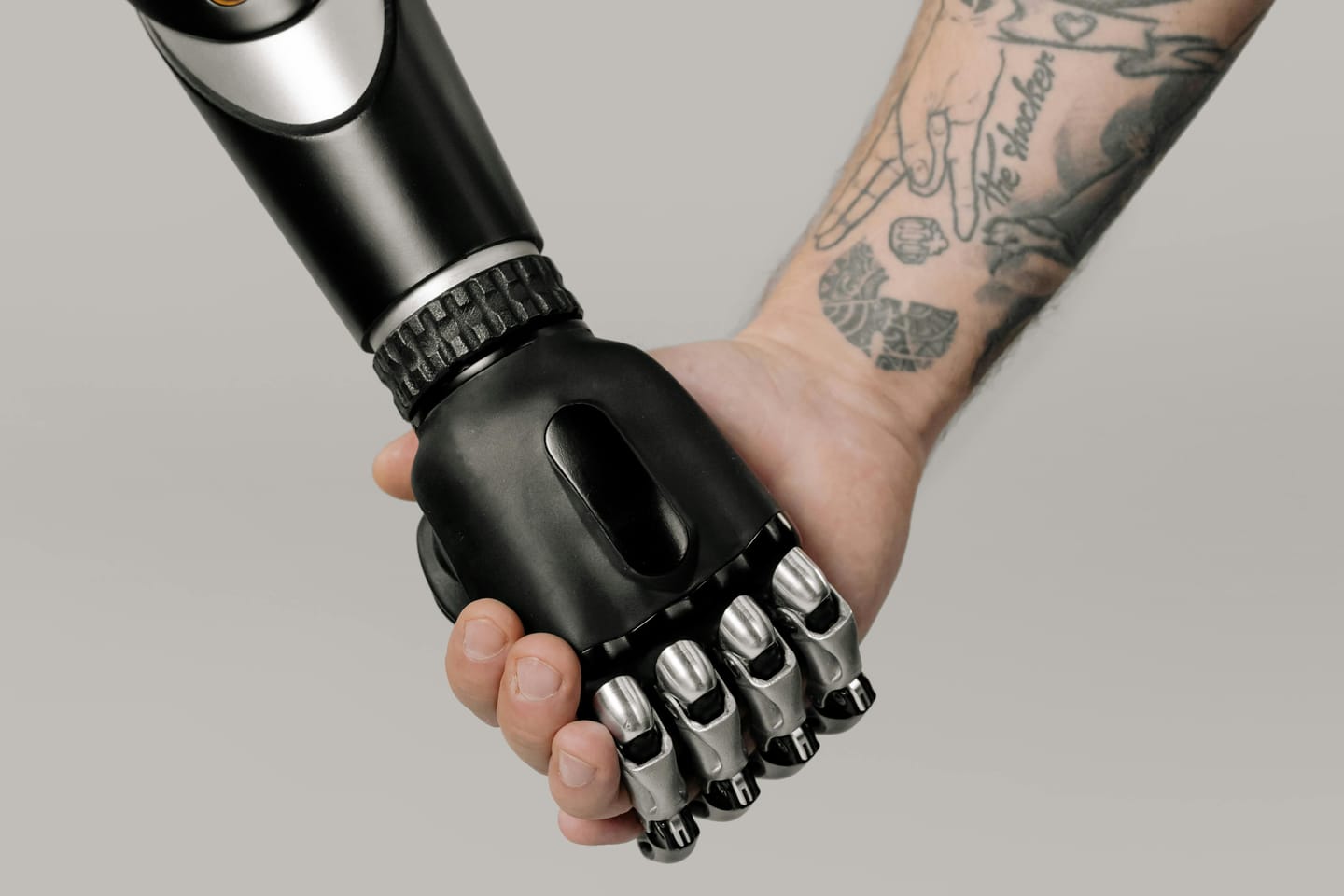The Paradox of Algorithmic Management in Hungary: Increasing Transparency While Reshaping Worker Agency
Algorithmic management (AM) has become a key research focus in the sociology of work, especially concerning platform work, but is increasingly spreading to traditional workplaces. A recent study by Csaba Makó, Miklós Illéssy, József Pap, Éva Farkas and László Komlósi, published in the Journal of Labor and Society under the














